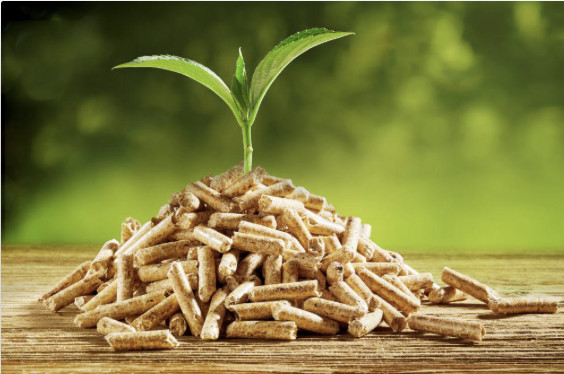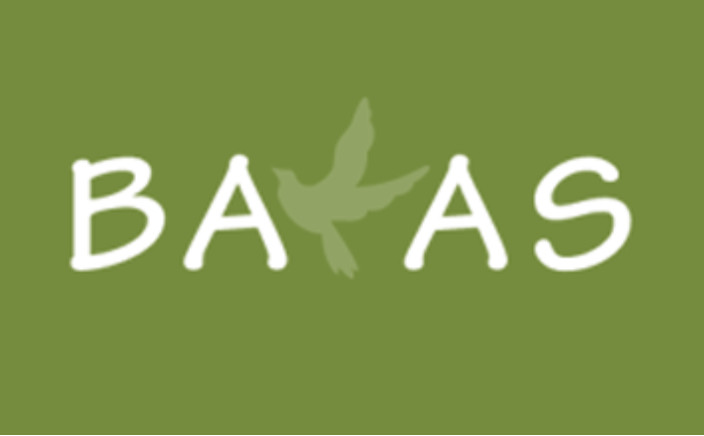Not letting waste go waste

The forest floor is full of dried leaves, mills throw away sawdust, and farms burn away agriculture residue. Now, a Nepali company has decided not to let waste go waste and turn this biomass into fuel pellets.
Biomass pellets can be a clean and cheap energy source, and an alternative to firewood, petroleum products, LPG and coal -- all of which are unsustainable and harmful to health.
Bakas Renewable Energy is planning to produce nearly 20,000 metric tonnes of biomass pellets every year for the Nepali market from its plant in Province 2, and help reduce Nepal’s petroleum import bill and improve public health by reducing air pollution.
This week, Bakas signed a loan agreement with NMB Bank for debt financing of Rs160 million. Bakas was founded by Nepali forestry and environmental professionals who believe in a sustainable energy future for the country.
Business Oxygen Pvt Ltd (BO2) is making an equity investment of Rs50 million for developing the biomass pellet project at Ishworpur of Sarlahi District. BO2 is Nepal’s first international Private Equity Fund with a climate focus promoted by International Finance Corporation (IFC). The remaining Rs50 million investment will come from promoting shareholders.
Most of the raw material for production are sourced from the forest floor of Sagarnath Forest Development Project based on the agreement with Forest Products Development Board. Dried undergrowth is inflammable and one of the reasons for forest fires in the Tarai. More than 80% of Nepalis still depend on biomass for energy, much of it goes waste.
The rest of the raw material is farm residue, saw dust and agriculture waste. Bakas says collection and processing of the raw material will create jobs for local communities, mostly women and disadvantaged groups. The pellets are marketed and sold to brick kilns, cement and other industries that need energy for heating or cooling.
“This is an exciting project that assists adaptive resilience and will help the economy with clean energy in numerous ways including being a substitute for coal,” said Siddhant Raj Pandey, CEO of BO2 at a virtual signing ceremony on Monday in Kathmandu.

Bakas is the first company to produce biomass pellets on an industrial scale in Nepal, and it says the green fuel that is easy to store and handle, and is a proven technology globally for domestic heating, electricity generation and outdoor heating.
"This project is highly relevant to Nepal because it helps emission reduction caused by forest fires, reduces industrial use of coal and fossil fuels as well as provides employment to the poor and vulnerable people living in neighborhoods of the forest area," said Santosh Mani Nepal, Chairman of Bakas Renewable Energy.

He said the idea for the project came from managing director Kuber Mani Nepal during the 2015 blockade, when Nepalis did not have LPG and other fuels. Biopellets were a feasible alternative that could be made abundantly available and reduce dependence on imported fossil fuel.
BO2 has also backed another renewable energy project, Gandaki Urja in Pokhara, which provides compressed biogas in cylinders, and turns the effluent from its industrial scale digesters into organic fertiliser.
Sunil KC, CEO of NMB Bank said he was excited about being part of a project to reduce Nepal’s carbon emission from coal and fossil fuels and promote renewable energy. NMB is a member of the steering committee of the Partnership for Carbon Accounting Financial from Asia and a member of Global Alliance for Banking on Values.
He said: “Our business model focuses on sustainable and value-based banking projects encompassing renewable energy projects, agribusinesses and projects focused on environment preservation. We are certain that the biopellet project will provide long term sustainable livelihood at the grassroots.”




